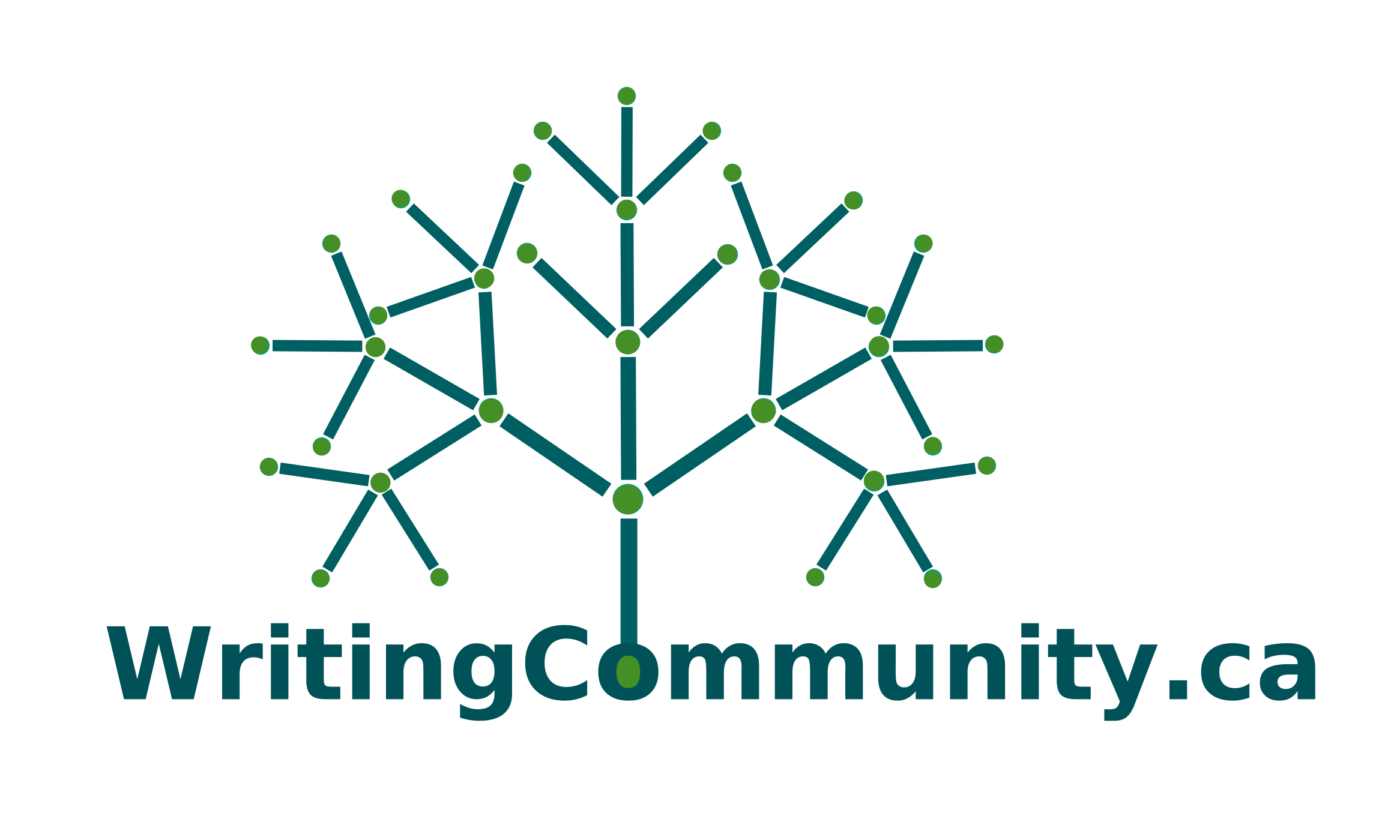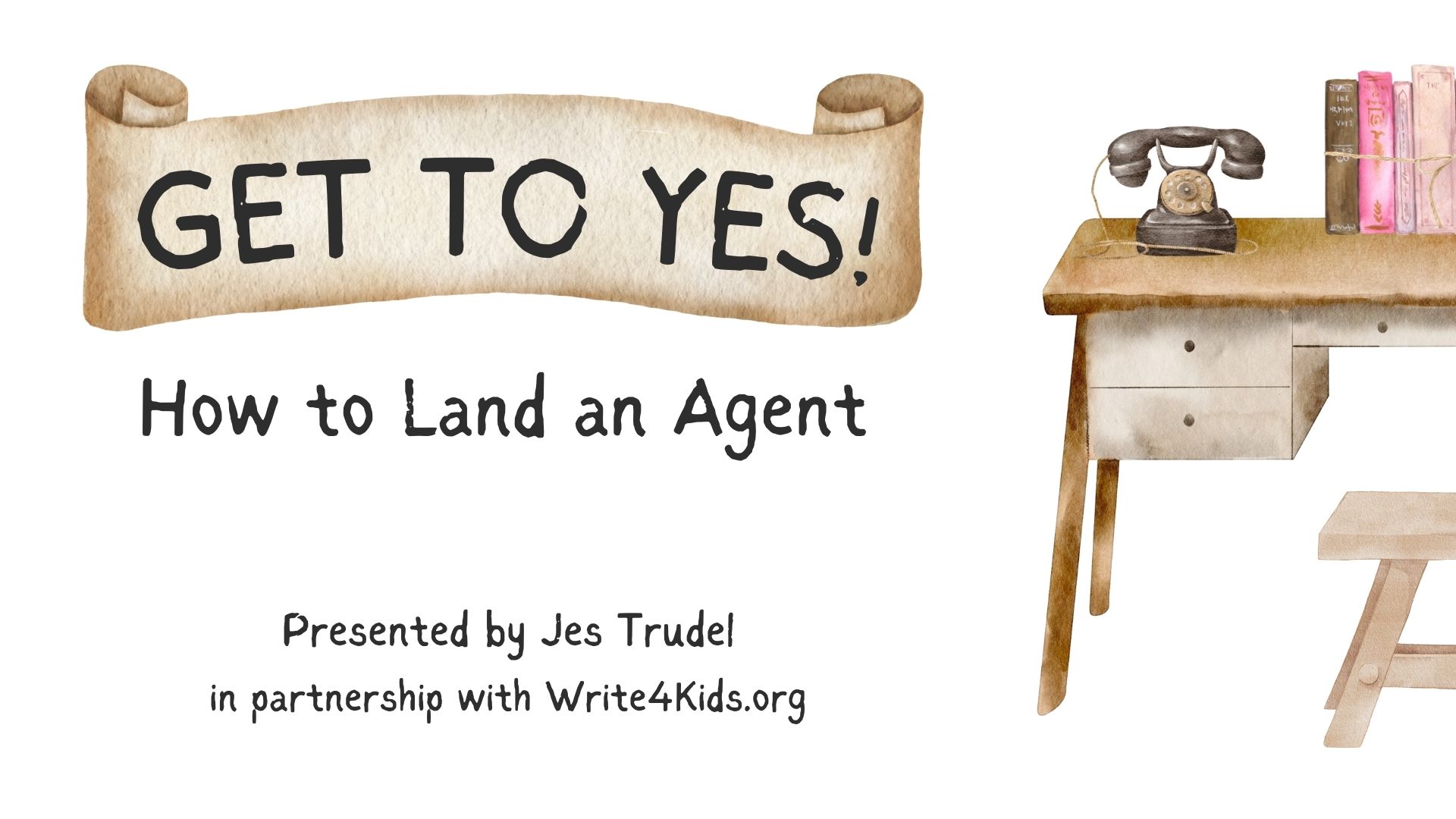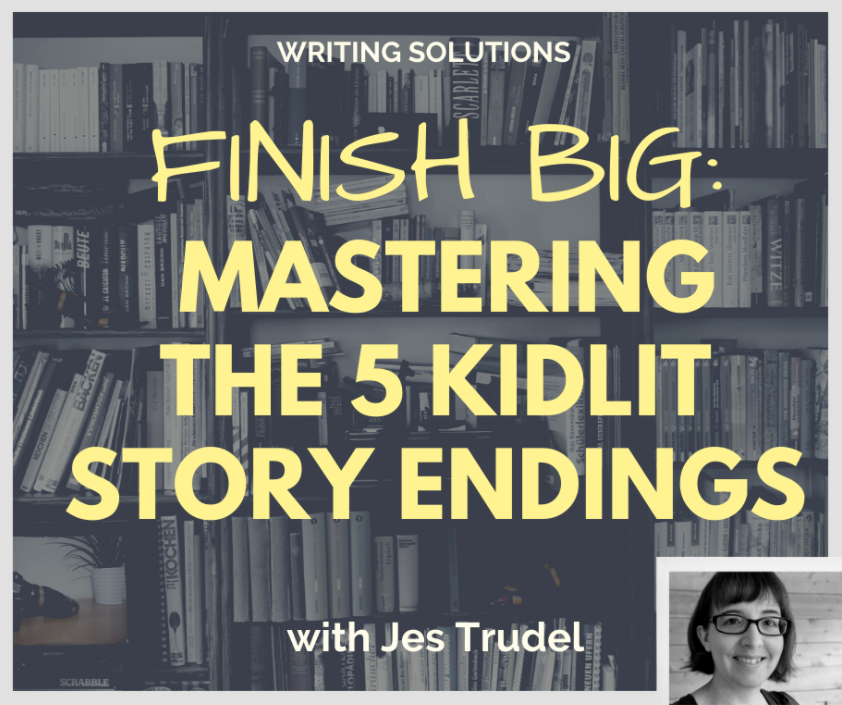
12 Questions You Want a Developmental Editor to Answer
Developmental editing is an early stage of the editing process usually performed after a story is fully drafted but before any line edits or proofreading is completed. The goal is to nail down the content of the story in terms of character development, plot, conflict, setting, narrative point of view, and themes before getting into the nitty-gritty of polishing the manuscript.
Developmental edits are about adding, removing, and re-arranging content within the manuscript. It is about the BIG PICTURE. A developmental editor should not directly change your story in any way. Developmental editors are there to guide your next draft, and will usually provided comments in the margins of your manuscript and/or will provide a separate document outlining their big picture suggestions.
Developmental editors are not there to proofread or line edit your work. Developmental editing is a distinct skill set and they may not have the expertise to do all three types of editing. If they do have line editing or proofreading skills, they may make suggestions for wording changes to help show you what they mean by their developmental comments. A lot of developmental editors may also notice technical mistakes you are making consistently and choose to point them out to save you time in subsequent edits, such as consistent misuses of punctuation or formatting failures. If you expect this of your developmental editor, you should communicate this in advance as it may increase the cost of the edit or they may not provide this service.
Sometimes, a manuscript will require multiple rounds of developmental edits before you and your editor agree that the content is ready for line editing or proofreading. The number of rounds of developmental edits will depend on how well you and your editor communicate, and how effectively you integrate changes that address the underlining issues. Sometimes, you won’t agree with the developmental suggestion the editor is making, but if they’re an experienced editor and you otherwise trust their judgement, then consider the underlying issue their suggestion is based on and try to address it. If you’re not sure, ask for clarification.
Without further ado, here are 12 questions you should ask your developmental editor:
- Is the opening interesting and impactful?
- Are your characters’ motivations clear from the outset?
- Is there a strong emotional arc in every scene/chapter?
- Does it have a standout hook or premise?
- Does the plot order effectively convey the story’s intent in terms of character development and themes?
- Is the setting appropriate and immersive?
- Is the dialogue believable and does it flow naturally?
- Is the narrative point of view consistent and effective?
- Do any characters feel like they don’t belong or don’t contribute enough to the story?
- Does the story lag at any point?
- Do any plot points seem random or otherwise too divergent from the main story?
- What emotions were you feeling when the story ended?


